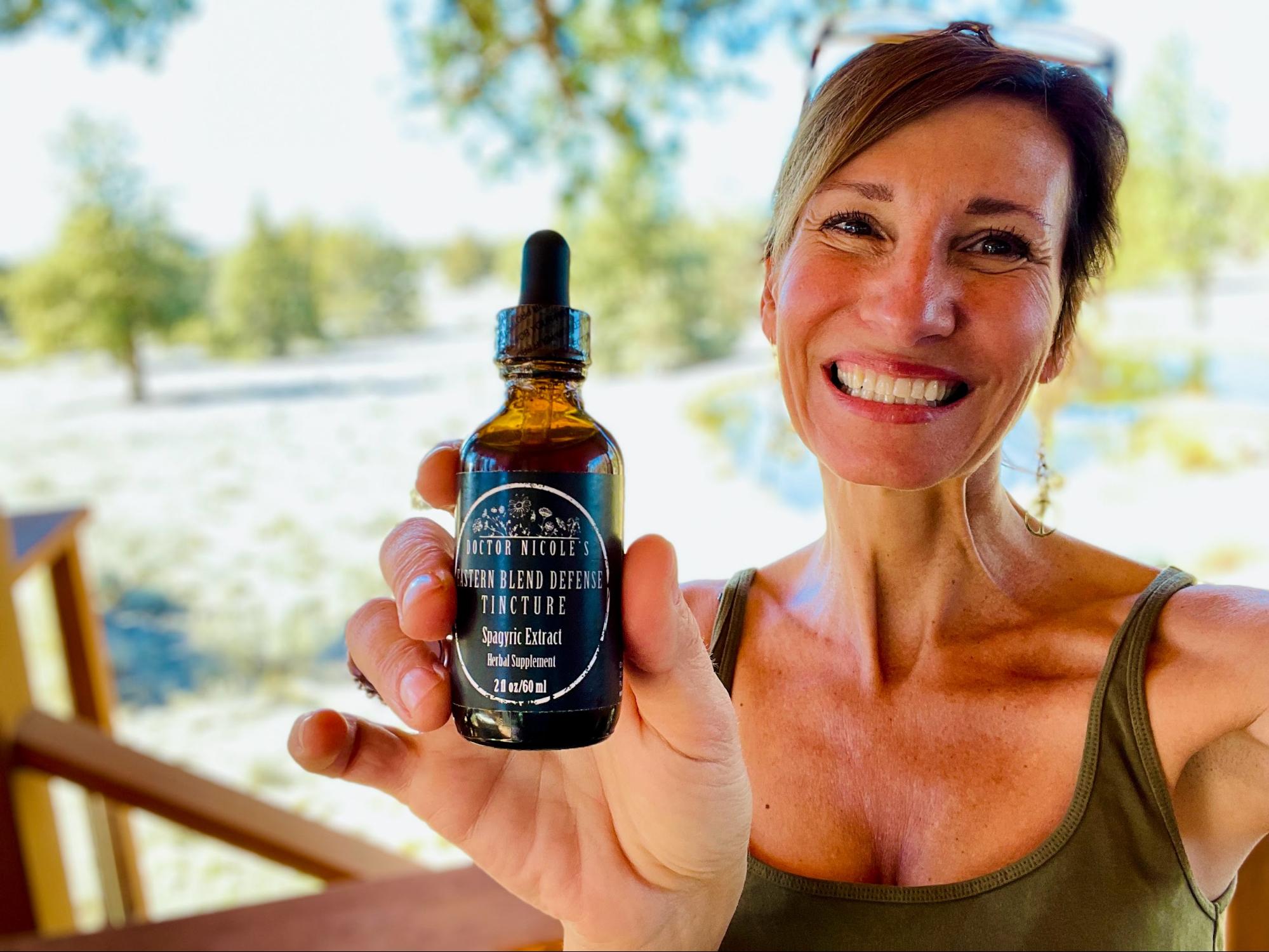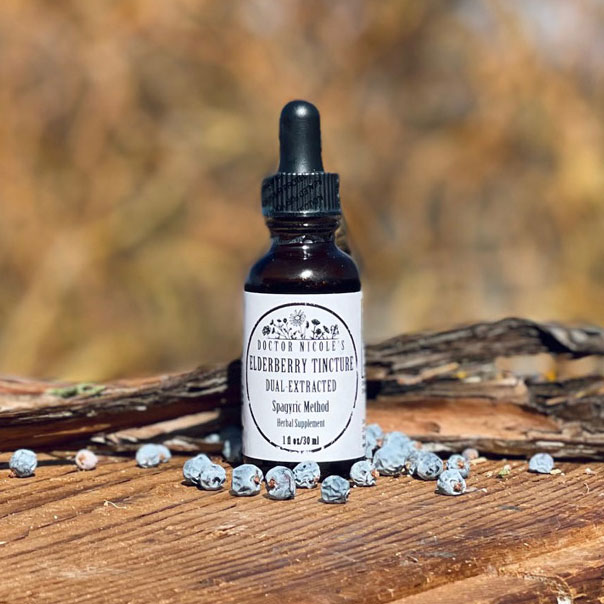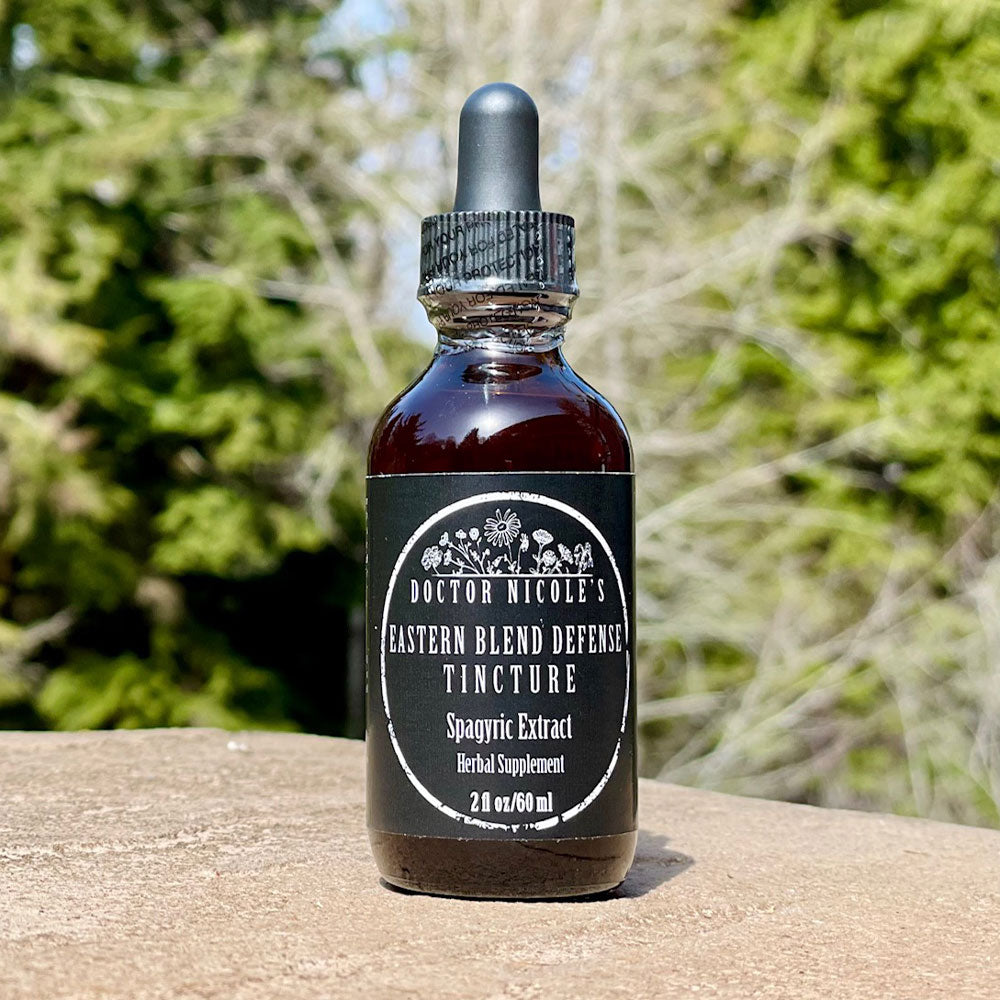An Uptick in Vector-Borne Diseases
Worldwide, dengue fever outbreaks are becoming increasingly common. To date, more than 10.6 million cases have been reported in North and South America alone.2 This is already twice as many cases as last year — and the numbers continue to climb. In the United States, most of the 2,500 cases are found in Puerto Rico, but Florida and Texas are also now reporting the disease. Unlike malaria, dengue is more prevalent in urban areas. Because of this, it can spread rapidly throughout the population.
Increasingly warm weather and excessive rain are the main culprits in the changing landscape of cases as both encourage increased mosquito populations. According to one infectious disease expert, the mosquito populations in the continental U.S. have already been seeded — meaning the insects now have the virus and can readily transmit it.1 In this post we will have a look at the disease itself, how to protect yourself against it, and effective herbal remedies that can help to reduce viral load to lower the risk of serious illness.
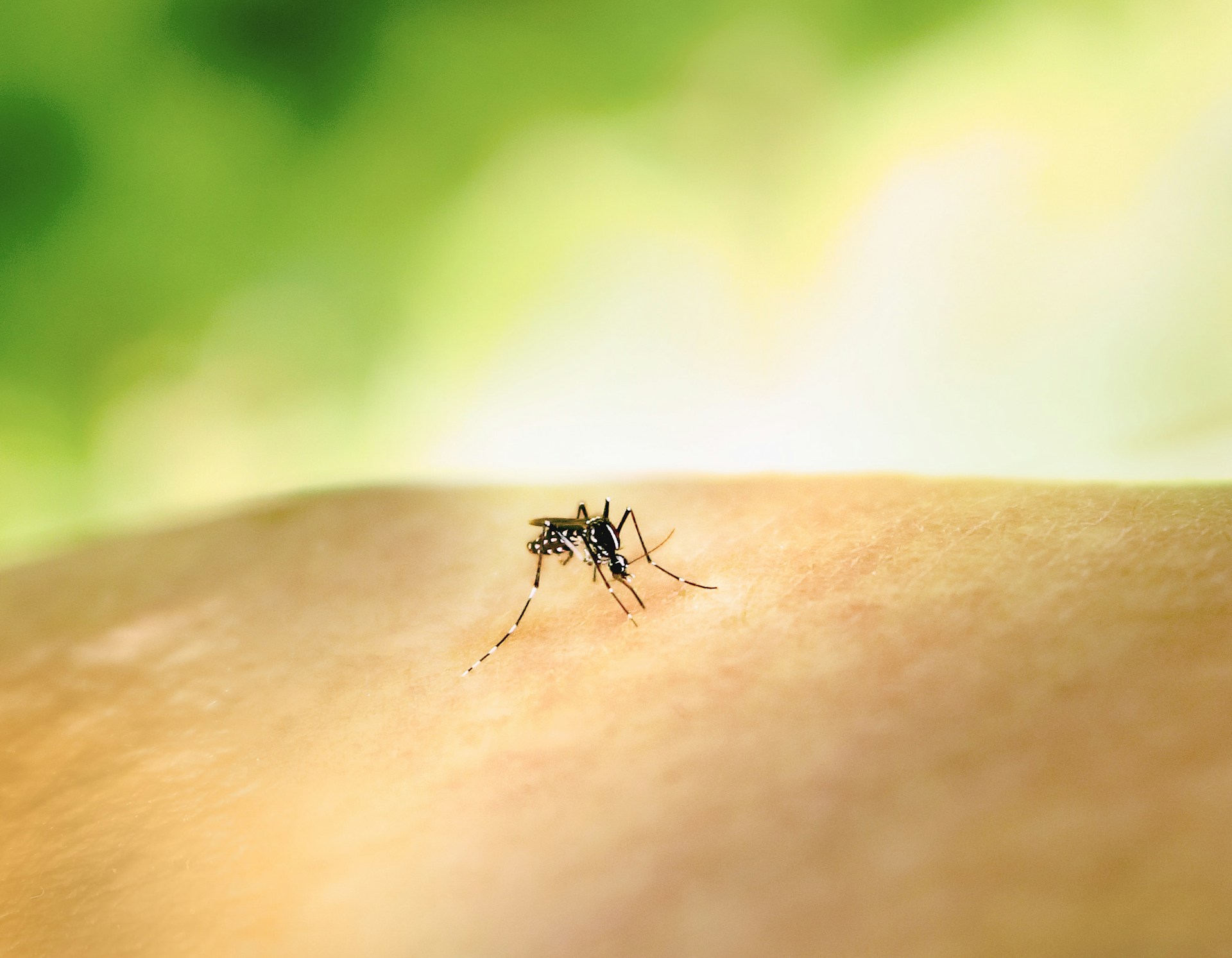
What is Dengue Fever?
Carried by the Aedes mosquito, dengue fever is caused by one of four dengue virus types. Symptoms can range from not having any at all to severe. Known as “break-bone fever” due to severe chills and spike in fever up to 104ºF, it is generally not fatal unless it develops into what is called severe dengue. This is when the blood vessels become compromised and cause life-threatening bleeding where clotting mechanisms are impaired via a cytokine storm — leading to shock.5<?/sup> Vomiting, extreme fatigue and lethargy, diarrhea, and edema are warning signs to watch out for 24 to 48 hours after the fever has abated.
What makes the disease complex is that you can become infected by one type of dengue and develop immunity for a few years, but then infected with a different type later on with little or no immunity whatsoever. Unique to dengue fever, repeated infections of the virus can make the symptoms increasingly severe.
Dr. Gabriela Paz-Bailey, chief of the U.S. Centers for Disease Control and Prevention’s (CDC) dengue branch, explains:
“After the first infection, the antibodies you develop actually help the virus infect cells during a second infection, which results in more virus produced, a higher viral load, and a higher risk of severe dengue. Because of how the immune system behaves, the antibodies you develop after a first infection will not help you during a second infection, but may actually make that infection worse.”1
If you have contracted the disease, it is important to avoid additional mosquito bites — especially within the first week of infection to avoid spreading the virus to uninfected mosquitoes, which in turn can then infect other people.
At this time, there isn’t a cure or medication available for dengue beyond bed rest, drinking plenty of fluids and electrolytes, and taking an over-the-counter pain reliever that does not contain aspirin. However, there are steps you can take to prevent contracting the disease and reduce the viral load if you are bitten by a disease-carrying mosquito.
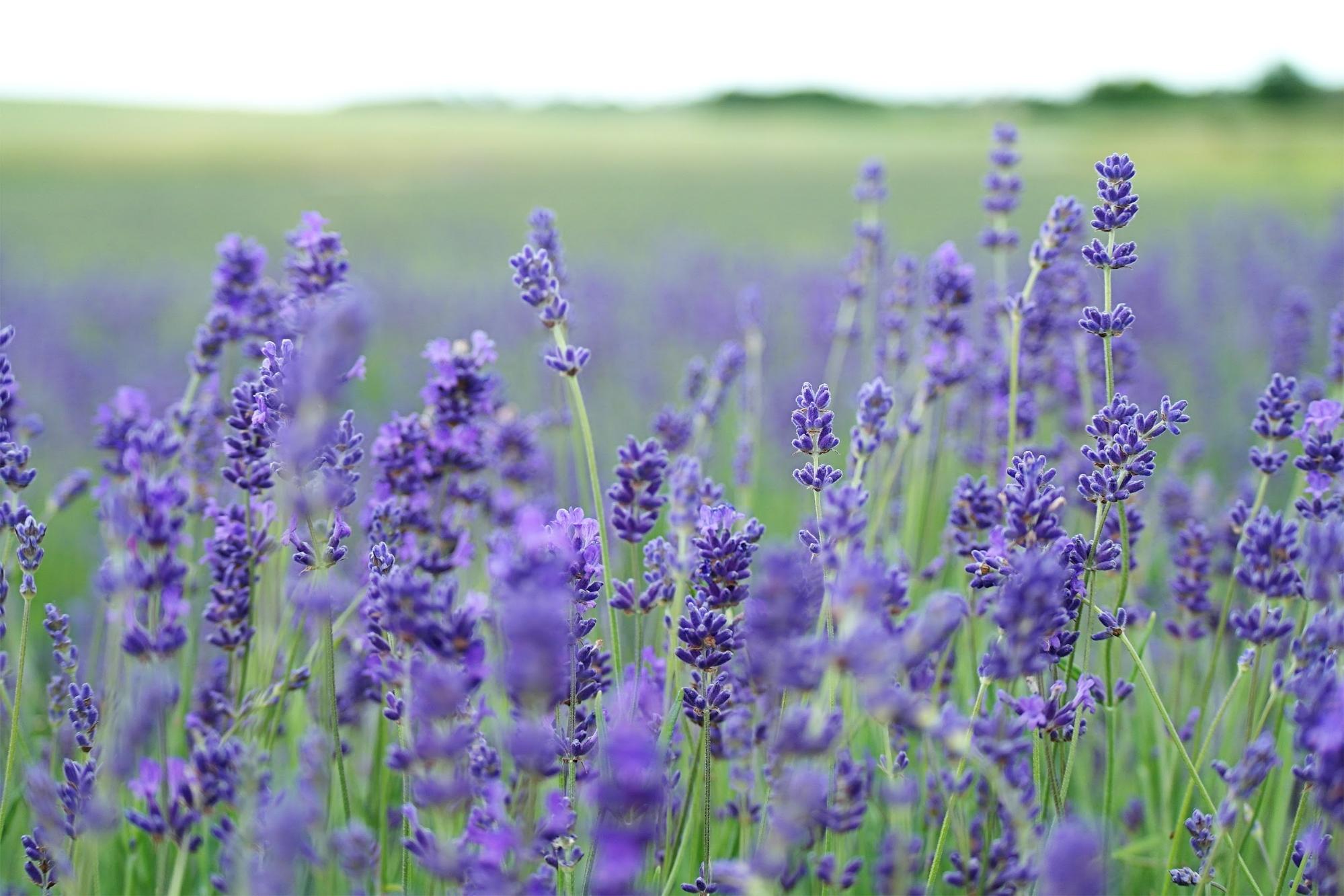
Prevention
Of course, the best way to avoid contracting dengue fever is to not be bitten by mosquitoes in the first place. Here are a few tips to help reduce the risk:
- Avoid being outside at dusk when mosquitoes are most active
- Wear light-colored, loose fitting long sleeves and pants (dark and bright colors attract biting insects)
- Use an insect repellent on exposed skin when spending time outdoors (see this post for natural options)
- Drain any standing water around your house where mosquitoes can breed and lay eggs
- Landscape with mosquito-repelling plants in your yard
- Consider using air conditioning instead of open windows in the summer to prevent mosquitoes from entering your house
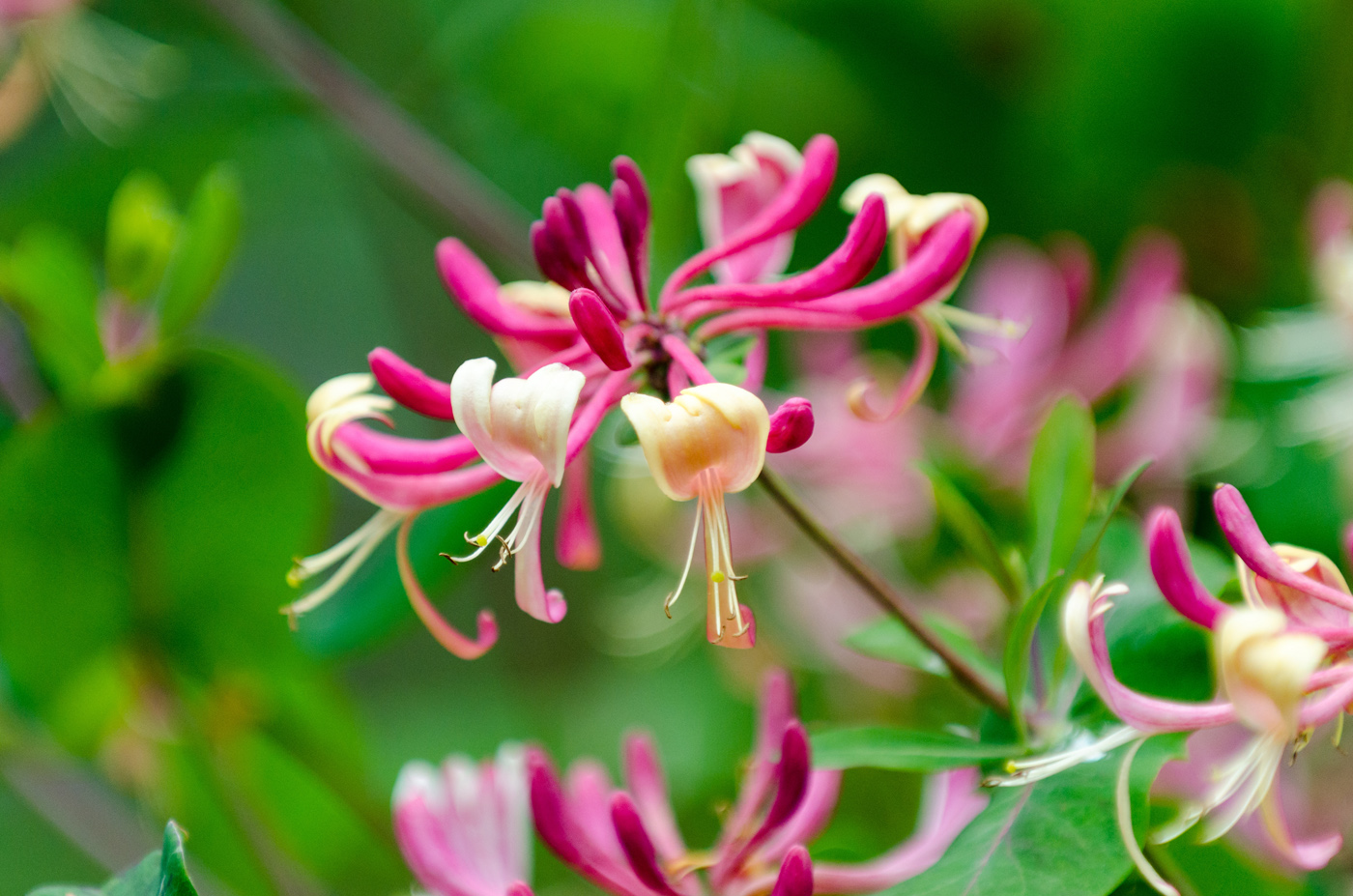
Anti-Dengue Medicinal Plants
Traditional approaches to dengue fever have been used around the world with success, mainly to reduce viral and bacteria load, while also lowering fever and increasing platelet count to help avoid bleeding. A study published in the Journal of Natural Medicine lists a number of plants with reported anti-dengue activity.3 Some of the more common herbal medicines include:
- Holy Basil, Tulsi (Ocimum sanctum)
- Neem (Azidarachta indica)
- Lemon Grass (Cymbopogon citratus)
- Cat’s Claw (Uncaria tomentosa)*
- Chameleon Plant (Houttuynia cordata)
- Lemon Verbena (Lippia citriodora)
- Papaya Leaves (Carica papaya)
- Andographis (Andrographis paniculata)
*Use with caution if you have an autoimmune condition as it may be over-stimulating.
Another study found several additional herbal preparations helpful in combating dengue, these include black elderberry (Sambucus nigra L.) and Chinese skullcap (Scutellaria baicalensis).4 The researchers note that black elderberry “…has extensive uses in traditional herbal medicine as an antiviral drug for influenza A and B, HIV, and Herpes simplex-1. The flowering parts and leaves of Sambucus nigra L. show anti-DENV-2 activity at 400 µg/mL.”
Chinese skullcap was shown “…that the IC50 values for the Vero cells of DENV ranged from 86.9 to 95.19 µg/mL, and when these cells were treated with Scutellaria biacalensis root extract, the IC50 value decreased to 56.02 to 77.41 µg/mL, which poses a virucidal activity against dengue virus.”
Moreover, research published in the journal ACS Omega found that an aqueous extract of honeysuckle (Lonicera japonica) “… showed decreased NS1 RNA and protein expression levels accompanied by alleviated disease symptoms, decreased virus load, and prolonged survival time”5 for dengue fever.
Natural Health Made Simple: Effective Herbal Remedies
My Eastern Blend is formulated with both Japanese honeysuckle and Chinese skullcap, along with Japanese knotweed, and cordyceps mushroom for powerful antiviral action to address dengue fever. It is also a powerful anti-inflammatory and helps to boost/modulate the immune system.
We also carry a highly-concentrated Black Elderberry Tincture for reducing the viral load of dengue fever, cooling inflammation, and alleviating fatigue.
Vector-borne diseases such as dengue fever are on the rise globally. These potent formulations can help. Stop by my apothecary today to learn more about the power of plant-based extracts to protect your health!
Nicole Apelian
Nicole’s Apothecary Products in this Post
References
- “Dengue Is Rising in the U.S. Here’s How to Protect Yourself” by Alice Park, Time Magazine, July 15, 2024. https://time.com/6998072/dengue-mosquitoes-how-to-protect-yourself/
- “Dengue on the Rise: Get the Facts” Centers for Disease Control. https://www.cdc.gov/dengue/stories/index.html
- Abd Kadir, S. L., Yaakob, H., & Mohamed Zulkifli, R. (2013). Potential anti-dengue medicinal plants: a review. Journal of natural medicines, 67(4), 677–689. https://doi.org/10.1007/s11418-013-0767-y
- Vivek P. Chavda, Anup Kumar, Rittwika Banerjee, Nayan Das, Ayurvedic and Other Herbal Remedies for Dengue: An Update, Clinical Complementary Medicine and Pharmacology. https://doi.org/10.1016/j.ccmp.2022.100024.
- Altamish, M., Khan, M., Baig, M. S., Pathak, B., Rani, V., Akhtar, J., Khan, A. A., Ahmad, S., & Krishnan, A. (2022). Therapeutic Potential of Medicinal Plants against Dengue Infection: A Mechanistic Viewpoint. ACS omega, 7(28), 24048–24065. https://doi.org/10.1021/acsomega.2c00625


